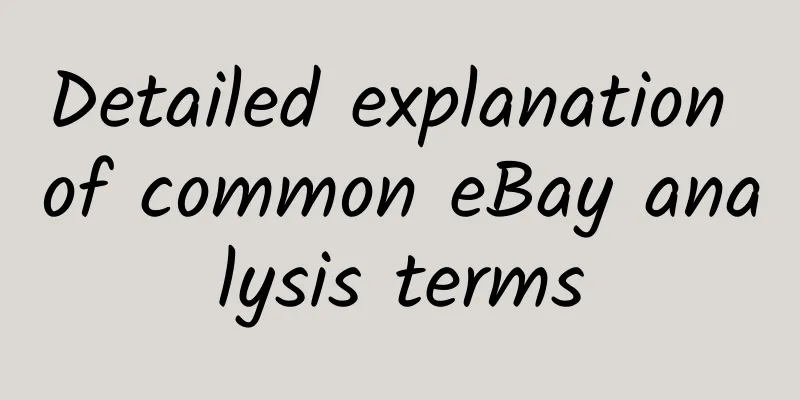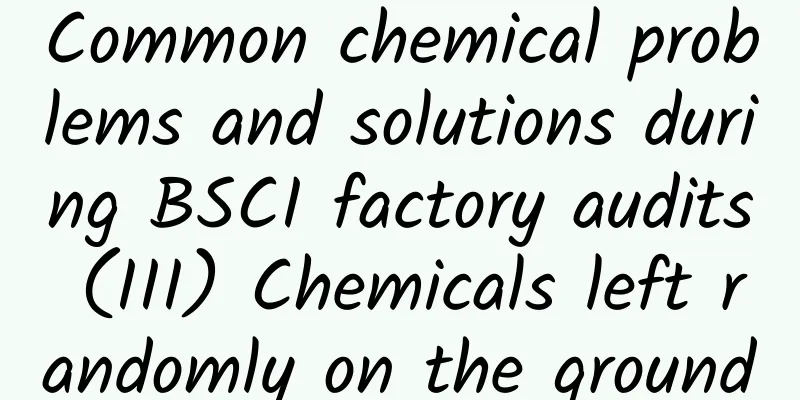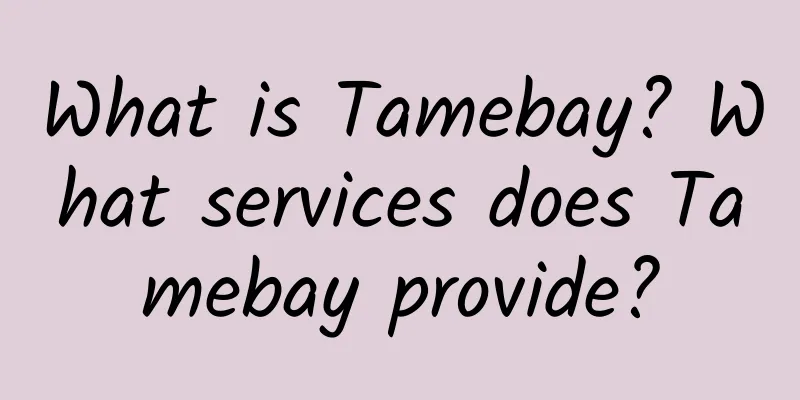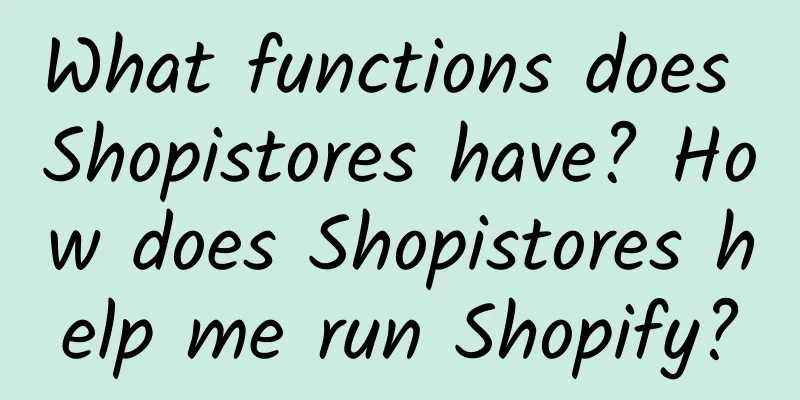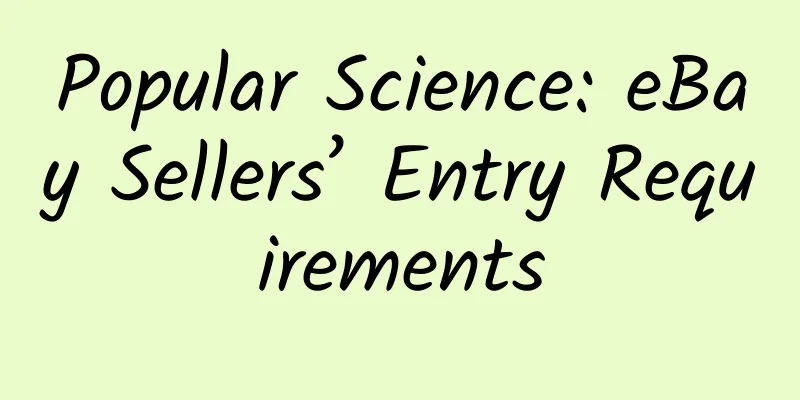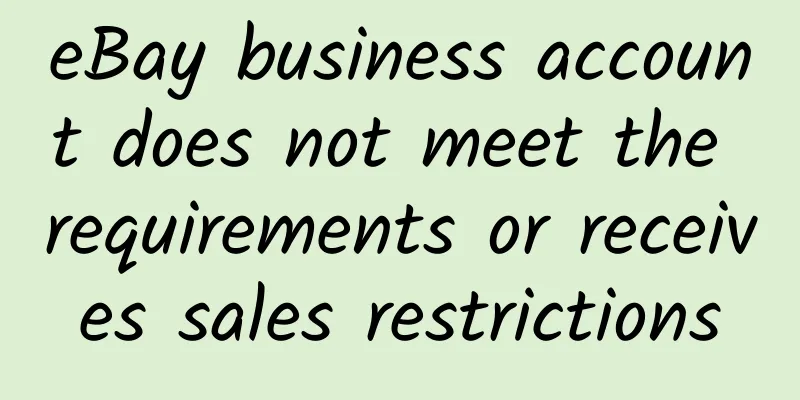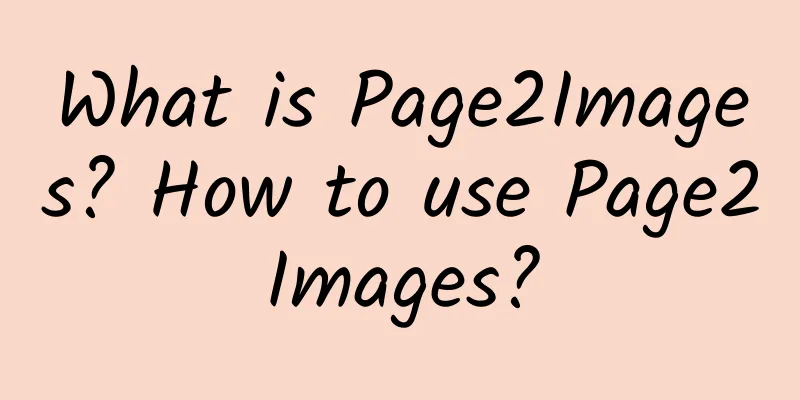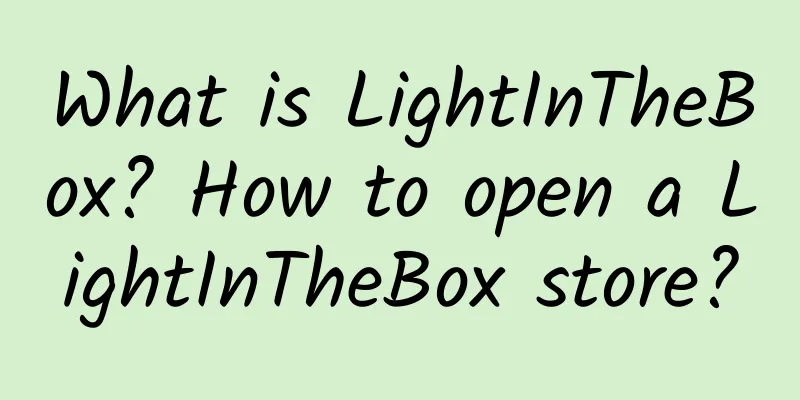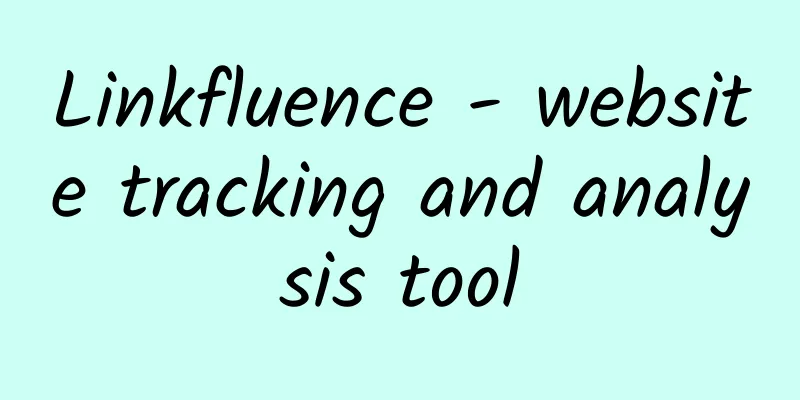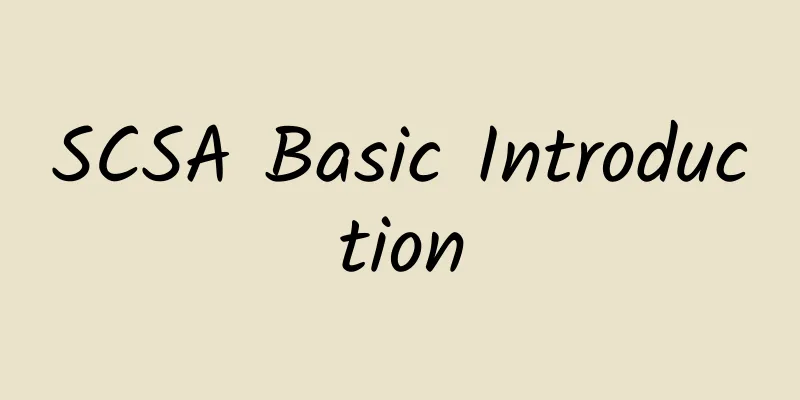Target's social responsibility factory inspection has new requirements
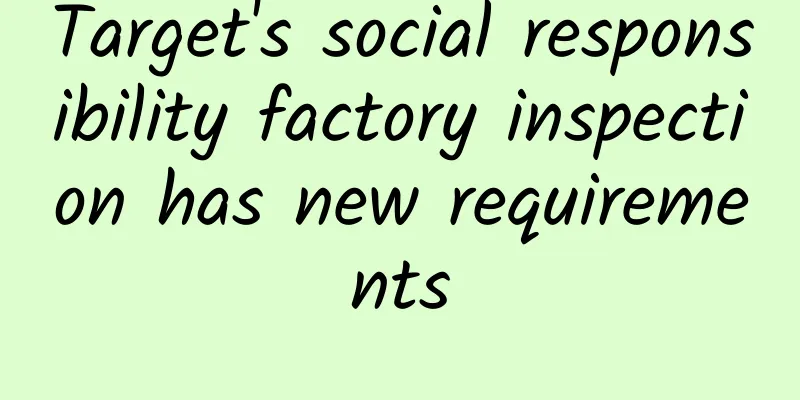
|
I believe that everyone in the industry has recently heard about Target's new social responsibility policy. Like Walmart in 2017, Target decided to cancel its long-standing model of social responsibility audits by Target auditors starting May 1, 2020, and instead adopt an external existing social responsibility standard instead. Let's sort out the exact content of Target's new policy and more detailed implementation details. Beginning May 1, 2020, Target will accept the following external standards (in alphabetical order): 1. Better Work 2. BSCI 3. Fair Trade USA 4. IETP (formerly ICTI) 5. RBA 6. SLCP 7. SMETA 4 Pillars But this does not mean that Target suppliers can choose the above items at will, because there are additional requirements as follows: 1. Toy suppliers can only choose IETP. 2. Shoe and clothing suppliers can only choose SLCP. SLCP does not currently cover all countries in the world. In countries that SLCP does not cover, I believe Target will have other arrangements. SLCP has covered China and has become increasingly popular in the past two years. People in the industry are basically familiar with it. 3. SMETA can only choose 4 Pillars, and the number of auditing agencies accepted is limited to 5 (BV/Elevate/Intertek/SGS/UL). The logic of Target limiting the auditing agencies in the SMETA project is actually the same as that of other buyers - because SEDEX has not yet started formal auditing agency accreditation like other social responsibility auditing projects, so when buyers accept the SMETA project, they will more or less limit the auditing agencies they accept according to their own standards. 4. Except for the SMETA project, Target does not limit the auditing agencies in the other projects it accepts. In other words, Target suppliers can choose any auditing/verification agency for the above projects except SEMTA, as long as the auditing agency is an approved auditing/verification agency for these projects. 5. As for Higg FEM, Target has indeed begun to require some of its suppliers to conduct self-assessment/verification of Higg FEM, but the Higg FEM project is an environmental project rather than a socially responsible labor project, so it cannot be used to prove Target's socially responsible labor requirements. This means that a Target supplier cannot simply submit a Higg FEM verification report to be exempted from the above Target social responsibility requirements. The above are the main requirements of Target so far, and there may be subsequent updates. Target's new policy is consistent with the overall trend of social responsibility auditing in recent years, which is to allow suppliers to independently choose audit projects and audit agencies. At the same time, suppliers can also share the same report with other buyers, reducing the number of audits and saving costs. Against the backdrop of the global economic downturn caused by the epidemic, this is particularly valuable for foreign trade companies. |
<<: Affected by the epidemic! Disney extends the validity period of FAMA annual review report!
Recommend
Major update I CCS version change is imminent, affecting not only GRS
If we were to vote for the top ten buzzwords of t...
ISO9000 quality management system certification time adjustment
According to the requirements of ISO9000 certific...
Popular Science | This article will help you understand carbon certification (ISO14064)
Background: Why was the ISO14064 standard establi...
GRS (Global Recycle Standard) Global Recycling Standard
The Global Recycling Standard GRS certification is...
How is Yiyutong Technology? What functions does Yiyutong Technology service have?
How about Yiyutong Technology? Yiyutong Technolog...
Kogan - Australian retail + service business combination
Kogan.com is a portfolio of retail and services b...
Huawei releases 2009 Corporate Social Responsibility Report in North America
Huawei has released its first annual Corporate Soc...
Implementation of BSCI Social Responsibility German Industry Standards
1. Implementation steps of social responsibility ...
Tchibo Factory Audit Wage and Attendance Software Processing - Tchibo Factory Audit Consulting Special
Tchibo factory inspection salary and attendance so...
What is Sellics? What are the functions of Sellics?
What is Sellics? Sellics is an Amazon operation t...
Target factory audit assessment three major requirements
1. Metal object management 1-1. Needles and sharp...
Common fire safety issues and solutions for BSCI factory audits (VIII) No signs at emergency exits and doors opening inwards
Problem phenomenon: There is no indication of the...
What is Elance? What are the functions of Elance?
What is Elance? Elance (now the official website ...
What products are the most profitable on Lazada in 2020?
With the popularity of the Southeast Asian market...
How is Yilong Express? What are the international express routes of Yilong Express?
How about Yilong Express? Yilong Express Co., Ltd...
